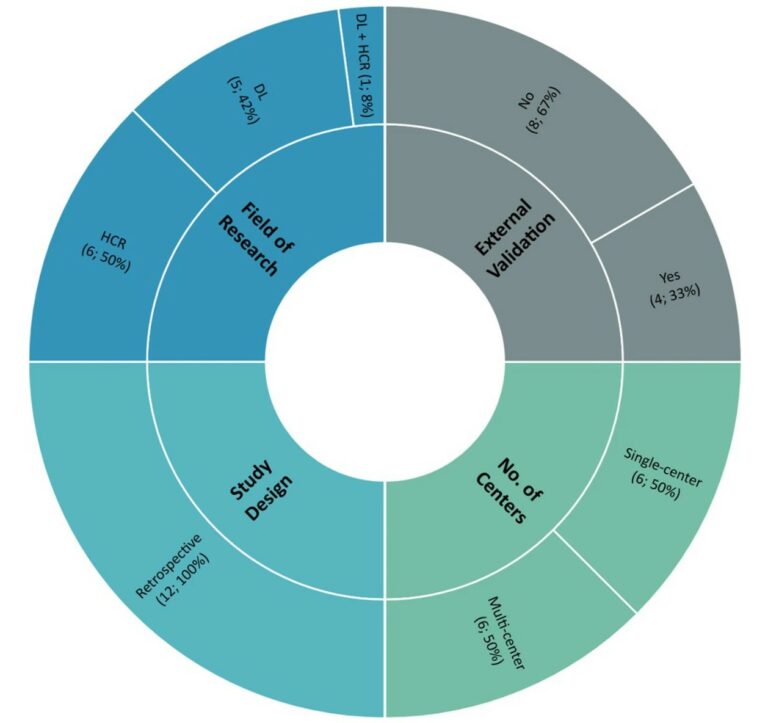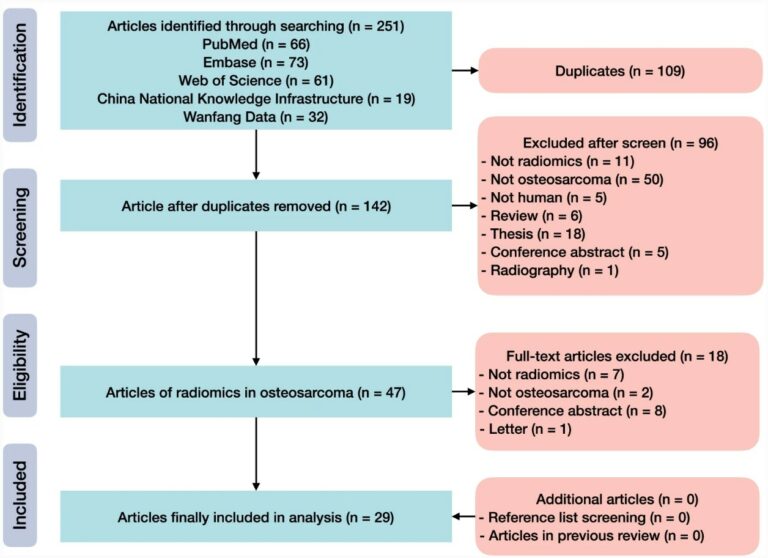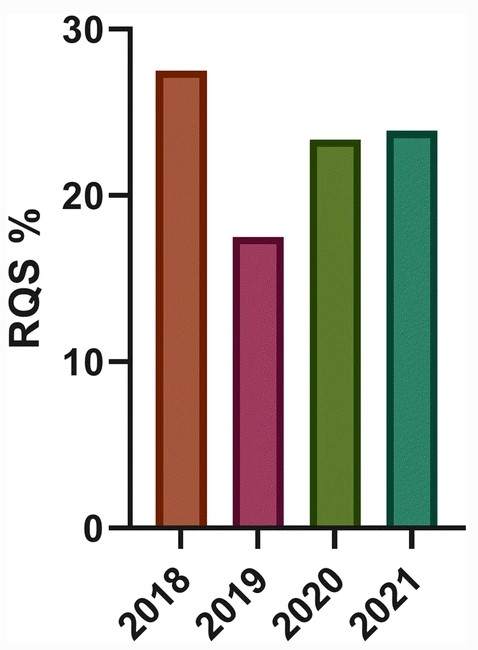
Self-reporting with checklists in AI research on medical imaging
This study aimed to evaluate the usage of the Checklist for Artificial Intelligence in Medical Imaging (CLAIM), a well-known and widely adopted checklist in the radiological community, for self-reporting through a systematic analysis of its citations. The authors used three databases (Google Scholar, Web of Science, and Scopus) and identified nearly 400 unique citations across 118 papers, of which only












